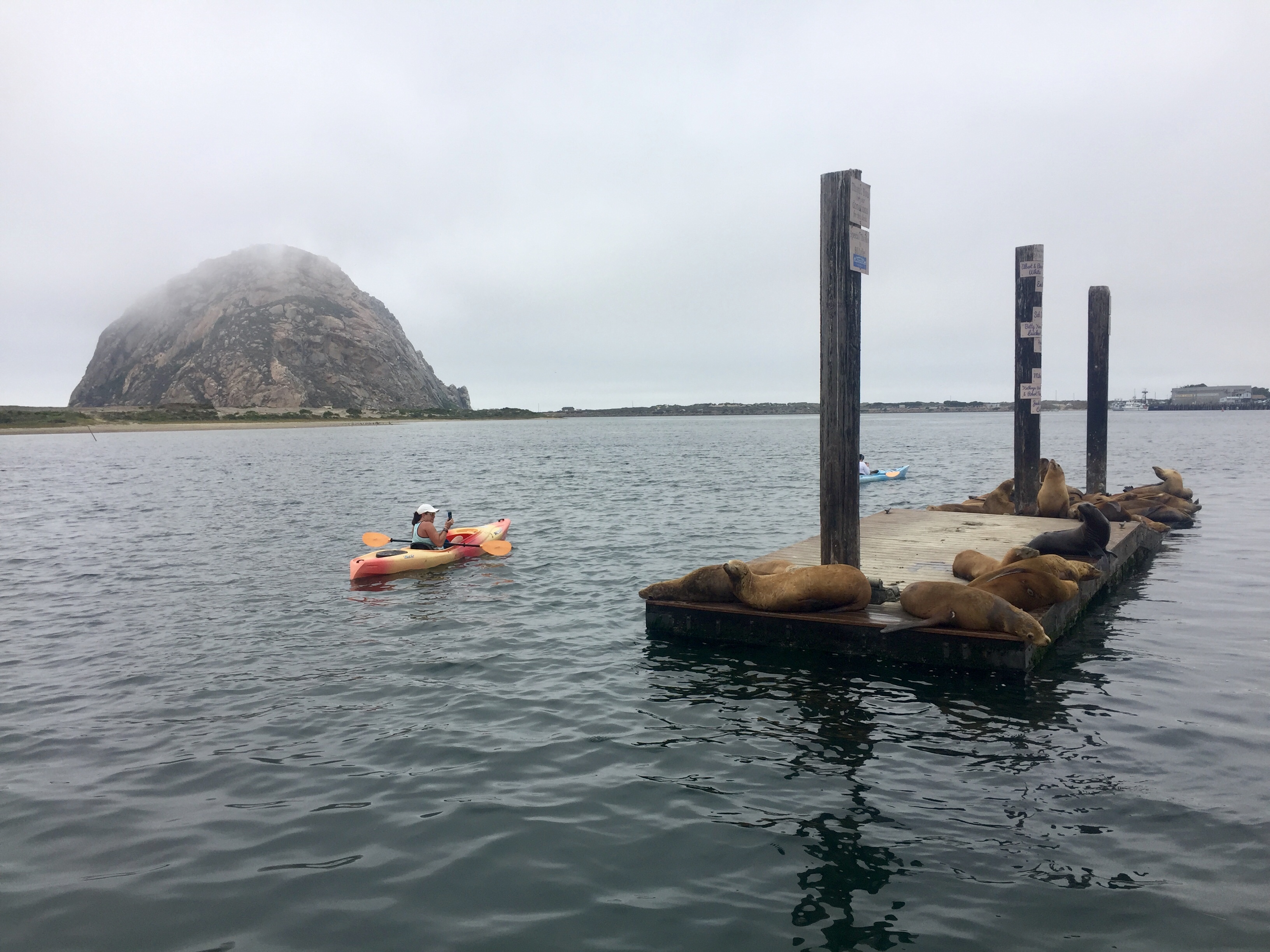Land-based wind turbines have become a common sight in parts of Southern California, but offshore wind farms are rarer and bring a unique set of questions. Conversations about offshore wind in California have been taking place for several years, and on July 1, Congressmember Salud Carbajal secured offshore wind energy development off the coast of Morro Bay in San Luis Obispo County as part of the 2021 National Defenses Authorization Act (NDAA).
The idea is still in its early stages. In the past, the U.S. Navy had reservations about offshore projects that would interfere with military activity. According to local media reports, Carbajal has been working monthly with the U.S. Navy, the California Energy Commission chair, and Assistant Secretary of Defense Robert McMahon to identify potential locations for offshore wind. In early 2020, the Navy had lowered its objections to floating turbines near Morro Bay.
Get the top stories in your inbox by signing up for our daily newsletter, Indy Today.
On the West Coast, wind farms have to contend with the Pacific Ocean’s steep drop-off in depth, which is why the Morro Bay turbines would be engineered to float. While wind farms on land tend to affect local wildlife, especially birds, not enough research has been conducted about offshore wind to determine whether marine birds and other sea life would be affected by the Morro Bay project. The California Energy Commission’s website states that all offshore wind farms in California will be at least three miles away from the shore.
The Navy hasn’t signed off on a specific development yet, but the NDAA may jump-start that process. If the bill is enacted, the Secretary of Defense would have to consult Congress before objecting to future offshore energy projects. In addition, the Secretary of Defense will conduct a briefing to provide an update on negotiations with the Central Coast’s Offshore Wind Working Group, which is trying to determine at least two offshore locations that would work for all stakeholders. Public comment is being accepted on the concept.
The project would also put a dent in California’s reliance on nuclear power. The Diablo Canyon Power Plant near Avila Beach is California’s last remaining nuclear power plant, and it is set to shut down in 2025. Before that happens, the state will have to find renewable energy sources to fill the 2.2 gigawatts of power it produces —1 gigawatt is the same amount of power as more than 400 average utility-scale wind turbines.
A few hurdles remain before the larger 2021 NDAA is enacted into law. The bill will go to the House in the coming weeks, followed by the Senate. However, President Trump has vowed to veto the $740 billion bill if it includes an amendment that would require the Pentagon to rename bases currently named after Confederate military leaders. It remains to be seen whether a presidential veto — or a congressional override of that veto — is in store.
Every day, the staff of the Santa Barbara Independent works hard to sort out truth from rumor and keep you informed of what’s happening across the entire Santa Barbara community. Now there’s a way to directly enable these efforts. Support the Independent by making a direct contribution or with a subscription to Indy+.




